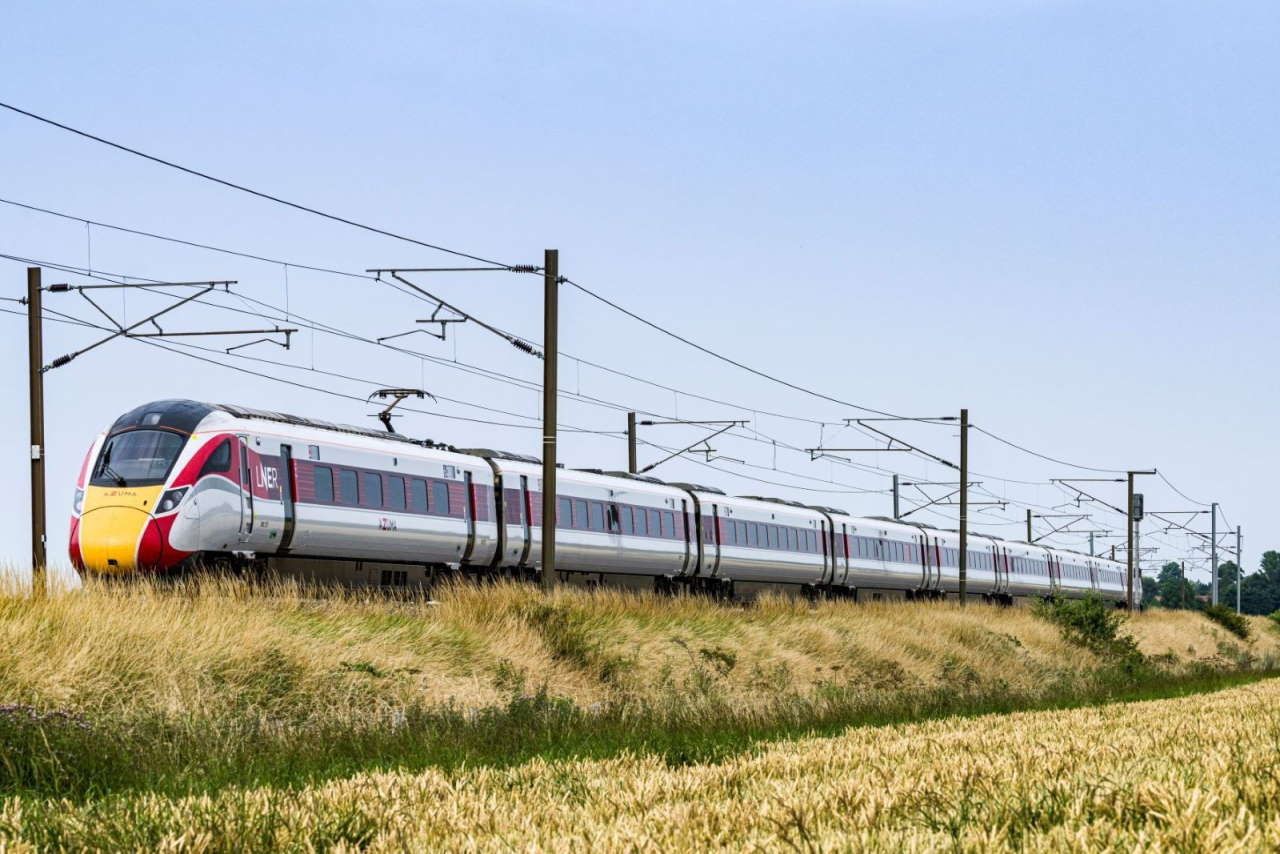The Office of Rail and Road has made several recommendations following its review of how the rail industry reacted after cracks were found last year which affected Hitachi Class 80X trains.
Cracks were found on the yaw damper bracket and anti-roll bar fixing points and meant that all trains were stopped whilst safety checks were carried out.
Measures were put in place to allow the trains to re-enter service.
The ORR immediately launched a review of both the passenger and safety impact after the trains were withdrawn from service, affecting LNER, TransPennine Express and Hull Trains passengers. Cracks were also discovered on Hitachi’s Class 385 and 395 trains and these were subsequently withdrawn from service with ScotRail and Southeastern respectively.
Fatigue cracking was found in the vehicle body in the area above the wheels. This was caused by the trains experiencing greater load than allowed in the original design. Potential factors for this include wheel wear and track design.
More cracks were also found in the area where the lifting plates attach to the vehicle body – this was due to stress corrosion. The reason for this was the result of using a particular type of 7000 series aluminium.
Hitachi are modifying the trains at Arlington Fleet Services in Eastleigh. It is hoped that all trains will be modified by 2028.
As part of the programme, 1,247 Class 80X trains and 487 Class 385/395 trains will be repaired. The ORR says that the minimum number of trains will be out of service at any one time.
To ensure improvements, the ORR is recommending that:
- The industry should conduct further work to identify the reasons for the higher levels of fatigue loading experienced by rolling stock. Since the Hitachi Rail design complied with the applicable industry standards, the industry as a whole should evaluate whether the applicable standards take into account the loads arising from operation on the rail network in Great Britain. This industry collaboration will require the involvement of those parties responsible for design, manufacture and maintenance of rolling stock including, but not limited to, Hitachi Rail.
- Hitachi Rail should carry out a formal review of the effectiveness of their processes for welding when the component geometry is more challenging, which should include consideration of whether the existing approach adequately mitigates the risks of a weld with insufficient fusion being accepted.
- Designers of rolling stock should understand the risk posed by stress corrosion cracking and give it specific consideration when proposing the use of 7000 series aluminium components. This does not mean that the specific type of aluminium should not be used in future, or that the aluminium used in the current trains compromises safety; but when used, steps should be taken to ensure protection of structures.
- The industry should consider whether a standard for mitigating SCC risk should be developed, as no dedicated standard currently exists.
- The industry should develop a process for responding to similar future cross-industry crisis events and appoint a strong, independent chair who can maintain pace, focus and ensure all voices are heard.
ORR’s HM Chief Inspector of Railways Ian Prosser CBE said: “With our oversight, Hitachi Rail and operators have put in place robust plans to make sure the right safety issues are being managed following the initial discovery of cracks on the trains, which have allowed trains to re-enter service.
“Safety remains the number one priority. Our review provides a clearer picture of the issue and we will continue our oversight to ensure work moves forward to agree the permanent solution and our recommendations are acted on.
“It is important that the whole industry works together to learn lessons from what has happened and our recommendations will help with that.”






Responses
In my view there have not been any new high speed rail vehicles of genuine quality in the UK since the HSTs were built. What a shame that we threw away the capability to build trains.
Train manufacture CAF have also noticed fatigue cracks on Northern’s Class 195 DMU Civity.